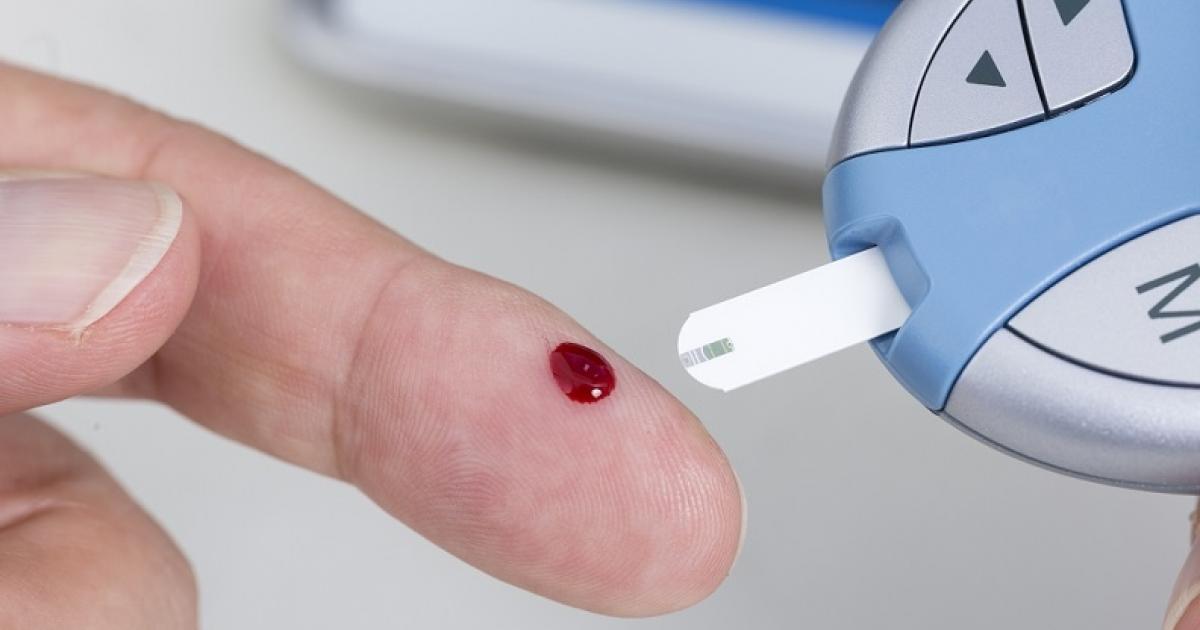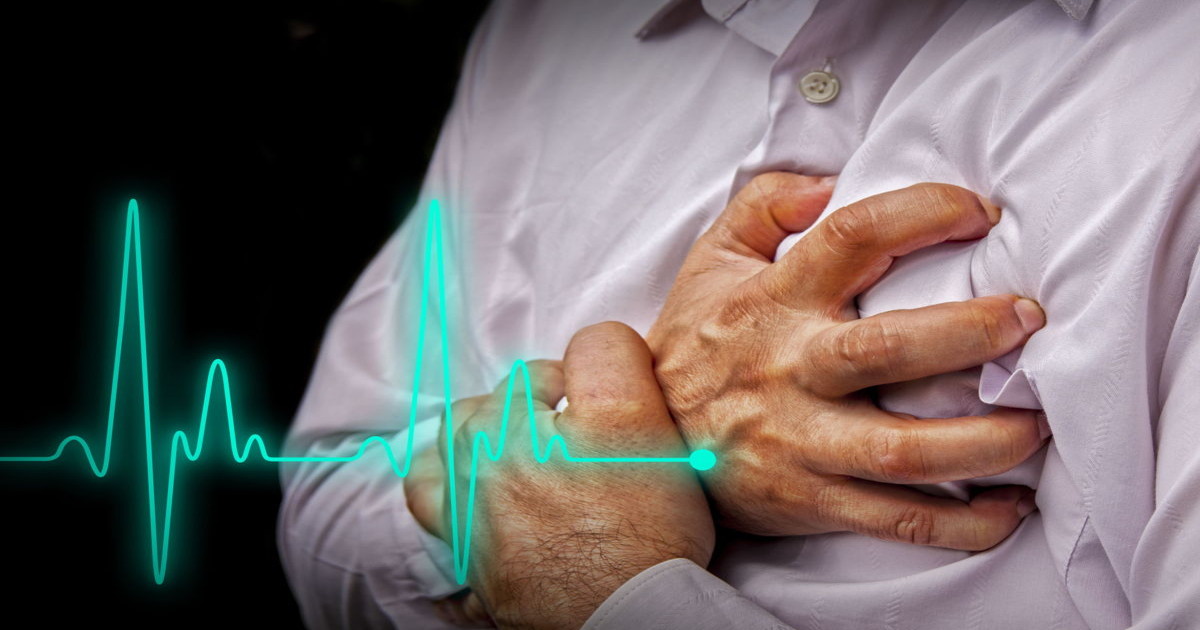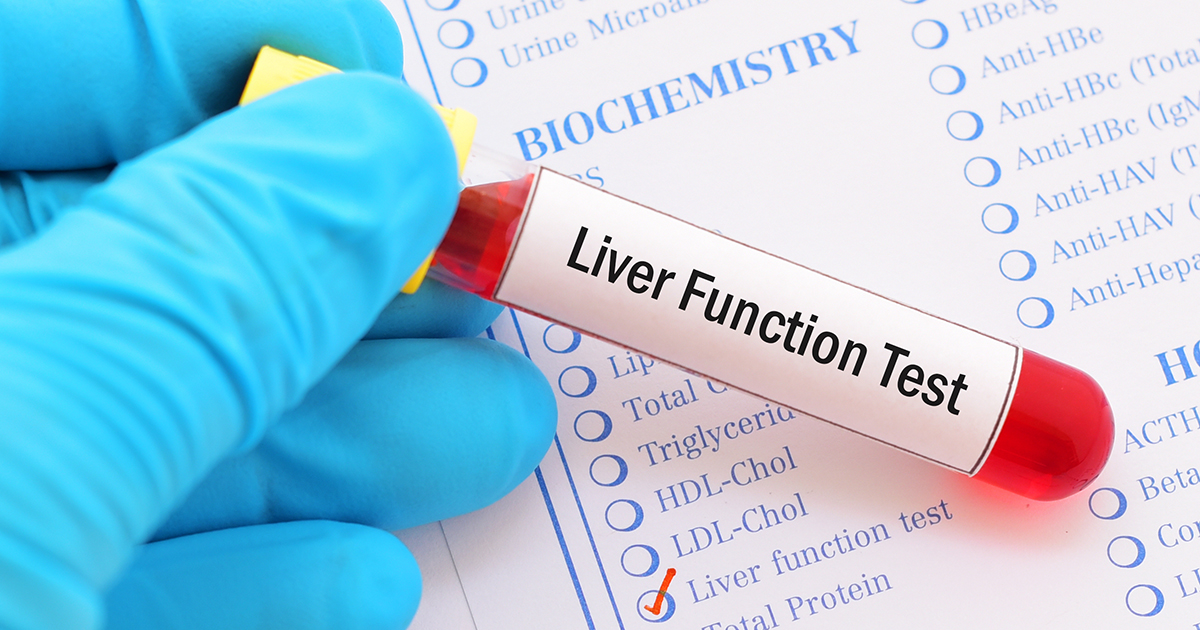Significant Effects Of Sleep Apnea
For those who have never heard of sleep apnea, or who have heard of it but are unsure of what it is, sleep apnea is a relatively common condition that affects the patient's ability to breathe while sleeping. The most common type of sleep apnea is called obstructive sleep apnea, and involves the airway collapsing, or otherwise becoming blocked, for a few seconds to a few minutes, making breathing difficult. It is often difficult to diagnose, as it does not lead to specific symptoms a doctor can test for during a routine visit, such as through blood tests. However, sleep apnea definitely negatively impacts an affected individual's daily quality of life, and can cause other health issues.
Learn about the major effects of sleep apnea now.
Negatively Affecting Loved Ones

Perhaps one of the most difficult aspects of sleep apnea is the way in which it negatively affects a patient's loved ones. As mentioned before, one of the most common diagnostic tools of sleep apnea is complaints from loved ones. The loud snoring and whistling can keep partners up throughout the night, leading them to be sleep-deprived, irritated, and resentful. Many partners will wake up their sleep apnea-affected partner to stop the noise. Constantly being awoken by one's partner can cause resentment towards them as well. Because of this, an easily fixable problem can become a wedge in even the strongest relationships. The gasping, choking noise often seen in sleep apnea can also cause loved ones undue worry and stress.
Keep reading to reveal more effects of sleep apnea now.
Tiredness And Fatigue

Because of the constant disturbances sleep apnea causes in a patient's nightly sleep cycle, it is very common for sufferers of sleep apnea to experience abnormal levels of fatigue and sleepiness during the day. This excessive tiredness can lead to affected individuals dosing off at work or school, leading to possible issues with employment and academics, or more frighteningly while driving, in some of the more extreme cases.
Among the more damaging consequences of sleep apnea-induced tiredness, the constant fatigue can lower your enjoyment of life, as hobbies and other engagements that require energy start to sound unappealing, and individuals begin to only be able to muster the energy required to watch television on the couch.
Uncover how sleep apnea can affect the mouth and throat at other times next.
Dry Mouth And Sore Throat

Another annoyance brought on by sleep apnea is the common dry mouth, from the irregular and open-mouthed breathing patterns the lack of oxygen causes individuals during the night, and the sore throat from the coughing and gasping to clear their airway at night. Besides the uncomfortable feeling these symptoms can bring, dry mouth can also lead to bad breath and accelerated tooth decay as many types of mouth bacteria thrive in the mouth when saliva is not present in large enough quantities to inhibit their growth and wash them away. Tooth decay from sleep apnea may not be an obvious connection, but it is definitely a reason to not ignore the other signs of sleep apnea.
Uncover details on the effects of sleep apnea on the head and mood next.
Irritability And Headache

Much like fatigue, another common and unpleasant symptom of sleep apnea is a headache, typically due to the tiredness. These headaches are usually strongest in the morning but can easily persist all day. As many may know or have experienced, headaches can dampen anyone's day, and persistent day or week-long headaches can greatly impact an affected individual's level of happiness.
Patients with sleep apnea also tend to be irritable due to their disturbed sleep cycles. Most of us know how cranky we can be, as well as others, when we are tired or lack sleep. The interruptions in sleep due to sleep apnea can easily add up, resulting in a near-constant state of irritability, as if the affected individual were only getting a few hours of sleep each night, for weeks at a time.
Discover the effects of sleep apnea on cognition next.
Unable To Concentrate

As with many of the other symptoms of sleep apnea that resemble the consequences of not getting enough sleep, the lack of the ability to concentrate is another reason to stop ignoring sleep apnea, which is easily treated. The lack of concentration from sleep apnea can lower the patient's productivity at work or school, lessen their ability to learn and retain information, and weaken their memory. The loss of concentration and memory are not only problems in themselves but can cause patients a lot of undue frustration as they struggle to perform basic tasks that were once easy. As with fatigue, which can cause affected individuals to feel sleepy while driving, the lack of concentration can greatly increase their risk of an accident while driving, and causing injury to oneself or others.
Uncover more on the major effects of sleep apnea now.
Diabetes And Metabolism

Although the full reason is still not known, sleep apnea patients are much more likely to be diagnosed with diabetes and other metabolic conditions, which can be difficult or costly to manage. It is believed the inability to fully complete sleep cycles due to sleep apnea disturbs the body's ability to release hormones that repair the body and control various metabolic processes. Diabetes and metabolic conditions can also lead to even more serious problems such as a weakened immune system, eye problems, nerve damage in the extremities, and in the worst cases, the need for limb amputations. It is best to avoid the risk of all of these issues by catching sleep apnea early on to prevent these problems before they start.
Continue to reveal more sleep apnea effects now.
Heart Disease And Failure

Some of the most serious issues that can arise from ignored and untreated sleep apnea involve high blood pressure and heart problems. High blood pressure is found in almost all individuals known to have sleep apnea, opening up a myriad of problems.
For reasons unknown, but perhaps due to the lack of repairs the body usually performs while asleep, those with sleep apnea are at an increased risk for developing heart disease and suffering from heart failure. Sleep apnea is known to aggravate these conditions in individuals who already have them. Connected to this, sleep apnea also greatly increases the chances of stroke, heart attack, and other serious conditions that can greatly impact an individual's health and puts them at a much greater risk for death.
Keep reading for more on the significant effects of sleep apnea now.
Hypersomnia Or Insomnia

Patients with all forms of sleep apnea frequently experience hypersomnia or insomnia. Hypersomnia is excessive sleepiness during the day, and it develops because individuals with sleep apnea are unable to get high-quality, uninterrupted rest at night. Hypersomnia could have adverse impacts on a patient's school and work performance, and it may impair their ability to drive safely or operate machinery. Insomnia occurs when the patient cannot sleep through the night without waking up, and this symptom can cause issues with the patient's circadian rhythm. It can be helpful for patients with these symptoms to keep a symptom diary. With proper treatment for sleep apnea, hypersomnia and insomnia may improve. The use of a CPAP machine is helpful for many patients, and surgical interventions could be appropriate for certain individuals.
Learn more about ways in which sleep apnea affects patients now.
Increased Risk Of Heart Attacks And Strokes

Obstructive sleep apnea places patients at an increased risk of heart attacks and strokes. Blood oxygen levels drop when an individual's breathing is obstructed, and this happens multiple times each night for patients with this condition. Reduced blood oxygen triggers the body's fight or flight response, raising both blood pressure and heart rate. When the patient wakes up, blood oxygen levels increase as the upper airway reopens. This cycle of decreasing and increasing oxygen levels produces inflammation, and this can lead to an accumulation of hardened plaque in the arteries and the increased risk of cardiovascular issues and stroke.
Obstructive sleep apnea places a large amount of strain on the heart, and patients are at an increased risk of irregular heartbeats; these can also increase the risk of heart attacks. For patients with sleep apnea who already have heart disease, repeated episodes of low blood oxygen may trigger heartbeat irregularities that could result in sudden cardiac death. Patients with sleep apnea are encouraged to do everything they can to reduce their risk of cardiovascular complications. Maintaining a healthy weight, exercising regularly, and taking medications as prescribed are all beneficial. Patients may also wish to consult with a sleep specialist, a cardiologist, and a nutritionist to ensure they receive the highest level of care for their condition.
Get more information on the effects of sleep apnea now.
Metabolic Syndrome

Metabolic syndrome is a cluster of symptoms that raise an individual's risk of cardiovascular disease, and it is one of the major complications associated with sleep apnea. To diagnose metabolic syndrome, doctors will check the patient's blood pressure, glucose, and cholesterol, and the patient will also have their waist circumference measured. If the results show a patient has abnormally high values for at least three of these markers, they meet the criteria for diagnosis. Doctors define abnormally high blood pressure as being at least 135/80, and elevated glucose is considered to be 100mg/dL or higher. In terms of cholesterol, triglyceride readings greater than 150mg/dL and high-density lipoprotein measurements lower than 40mg/dL are possible indicators of metabolic syndrome. A waist circumference above thirty-five inches for women (or forty inches for men) is also used in the diagnostic criteria for the syndrome. Since metabolic syndrome is a group of symptoms and not a disease in itself, treatment focuses on reducing waist size, blood pressure, glucose, and cholesterol. Patients may need to take prescription medications to reduce their numbers to within a normal range. Beta blockers and ACE inhibitors can reduce blood pressure, and statins lower cholesterol. Patients with high blood glucose may need to take oral or injectable medications to reduce their readings, and individuals with increased waist measurements may benefit from weight loss support groups and nutrition counseling. Losing weight and reducing blood pressure also help in reducing the symptoms of sleep apnea by making it easier for the patient to breathe and lowering the strain on their heart.
Keep going to uncover yet more effects of sleep apnea now.
Abnormal Liver Function Tests

Recent studies have suggested patients with sleep apnea are at an increased risk of non-alcoholic fatty liver disease, and some research suggests sleep apnea may even cause this potentially serious liver condition. Patients with sleep apnea will often have abnormal liver function tests. A liver function test is a specialized blood test that can detect how well the patient's liver is functioning. The tests can help doctors monitor the progression of liver disease and plan the most effective treatment methods. Patients with sleep apnea who are diagnosed with liver damage or fatty liver disease may need to be referred to a specialist for imaging studies. Weight loss is typically the first recommended treatment for non-alcoholic fatty liver disease, and doctors advise that patients aim to lose at least ten percent of their body weight. Periodic liver function tests will be performed to monitor the patient's progress, and patients may also need to have additional scans.
Learn more about the long-term effects of sleep apnea now.
High Blood Pressure

Officially known as hypertension, high blood pressure is diagnosed if a patient consistently has readings higher than 130/80. Patients with sleep apnea often have elevated blood pressure readings, and this can worsen symptoms and place additional strain on their heart. Patients with hypertension may be asked to monitor their blood pressure at home, and they may also need to take beta-blockers or ACE inhibitors to reduce their measurements to within the normal range. To help lower blood pressure naturally, patients are advised to quit smoking, lose weight, and reduce the amount of salt in the diet. It is also important to consume adequate potassium and maintain a regular exercise routine. Patients with sleep apnea should have their blood pressure readings checked regularly by their healthcare team.